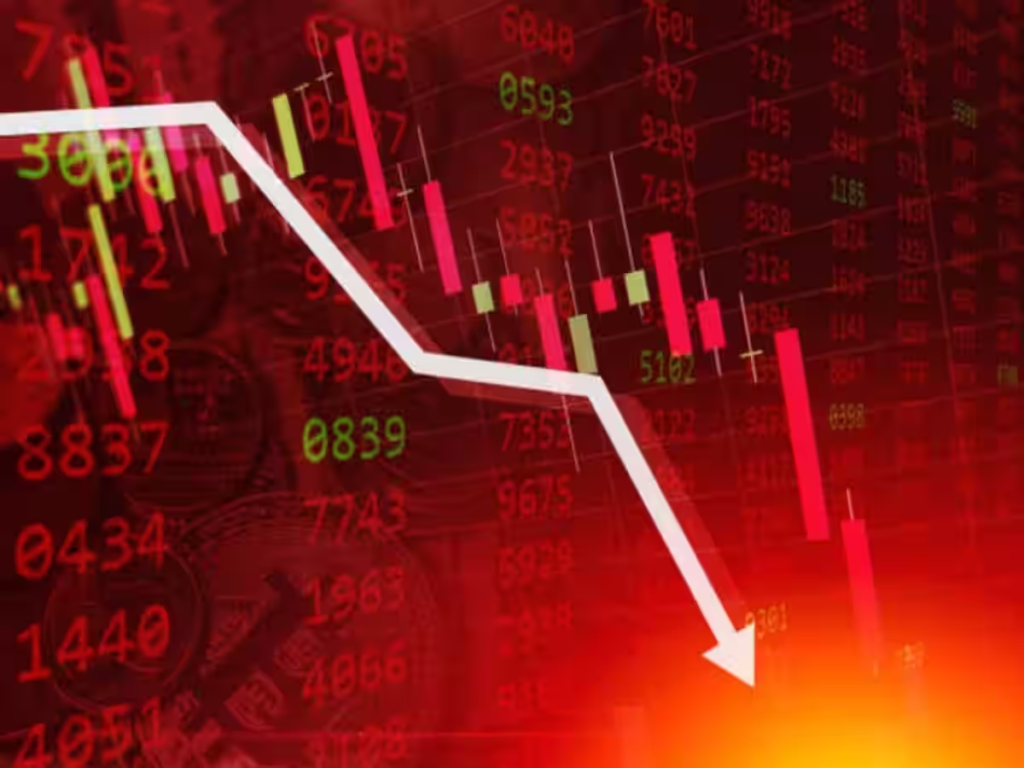India’s Markets Plunge as BJP Falls Short: Modi’s Third Term Election Results Impact and Market Recovery
India’s markets experienced their worst one-day loss in nearly four years as Prime Minister Narendra Modi’s Bharatiya Janata Party (BJP) fell short of electoral expectations.
Significant Drops in Key Indexes
- Nifty 50: Plummeted 5.93% on Tuesday.
- BSE Sensex: Fell 5.74%, marking their largest losses since 2020.
- Market Capitalization: The All India Market Capitalization index, tracked on the Bombay Stock Exchange, dropped over 31.06 trillion rupees (approximately $371 billion) on June 4 alone.
These sharp declines erased all the gains the Sensex index had made this year, shifting from a 5.85% year-to-date gain on Monday to a 0.22% loss. Similarly, the Nifty 50 saw its 7% year-to-date gain drop to just a 0.7% increase.
Post-Election Market Recovery
Despite the initial shock, the market showed signs of recovery on Wednesday:
- Nifty 50: Rebounded by 0.7%.
- Sensex: Rose by 0.26%.
Election Results and Implications
Modi is set for a rare third term as Prime Minister, with the BJP winning 240 seats in the lower house of parliament. However, the party lost its single-party majority in a closer race than expected. The BJP-led National Democratic Alliance (NDA) coalition secured 294 seats, retaining a parliamentary majority.
- Previous Election (2019): BJP secured 303 seats, and the NDA won 353 seats.
- 2024 Election: NDA secured 294 seats, while the opposition coalition, INDIA (led by the Indian National Congress), garnered 233 seats — a much stronger performance than predicted.
Economic and Political Challenges
A Goldman Sachs report highlighted that despite the reduced majority, macroeconomic stability is expected to remain intact. However, a weaker mandate could make implementing significant policy changes more challenging, such as land reforms and agricultural productivity enhancements.
For the first time in a decade, the BJP will govern without a majority in the Lok Sabha, requiring careful management of coalition partners who may seek key ministerial positions.
Fiscal Policies and Future Projections
Goldman Sachs analysts predict the government will adhere to its announced fiscal consolidation path of 5.1% of GDP for this fiscal year, with potential spending re-allocations towards welfare initiatives.
Stay tuned for more updates as the political and economic landscape continues to evolve.

